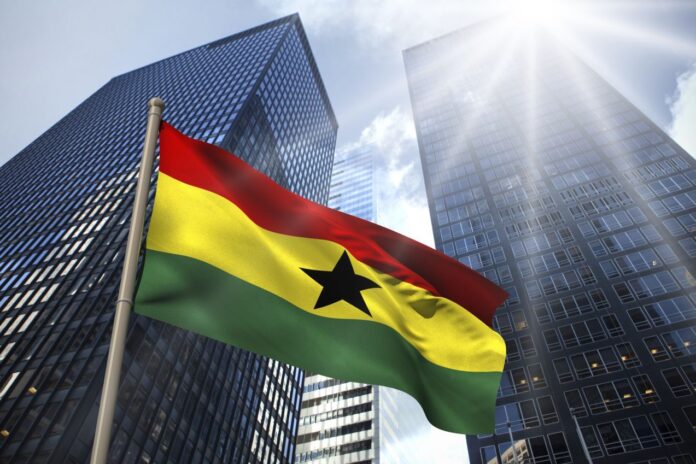Prices of goods and services in Ghana fell by 0.4 percentage points to 9 percent, the lowest ever recorded since January 2013.
The rate hit 8.8 per cent in 2014, making a strong case for the Bank of Ghana to further cut its policy rate.
The fall, according to the country’s statistical service, can be attributed to a decline in the rates of both food and non-food baskets.
The rate in the food and non-alcoholic basket group fell by 0.7 percentage points to 8 per cent from the previous month; whereas the non-food basket’s rate saw a decline of 0.3 percentage points to 9.5.
If the trend continues, it will provide room for the central bank to further cut the policy rate, as inflationary pressures determine, to a large extent, the policy rate direction of the economy; giving space for banks to also reduce interest rates to encourage lending for the private sector.
Governor of the Bank of Ghana, Dr. Ernest Addison, underscored this when the bank cut the policy rate by 100 basis points to 16 per cent in January.
“The Committee also noted that inflation has steadily declined: from 15.4 per cent at the end of 2016 to 11.8 per cent in 2017, and further down to 9.4 per cent in 2018 – supported in large part by non-food inflation.
The Bank’s latest forecast shows that inflation will remain within the target band of 8±2 percent over the forecast horizon, barring any unanticipated shocks.
At a press briefing, he said: “The Committee noted that immediate risks to the disinflation path are well-contained, and the current conditions provide scope to translate some of the gains in macro stability to the economy. Under the circumstances, the Committee decided to reduce the policy rate by 100 basis points to 16 percent.”
Details of the GSS data show that prices of imported items continue to record a higher inflation rate than the locally-produced ones, mostly due to depreciation of the local cedi against major trading currencies – particularly the dollar.
The cedi has depreciated by more than 10 per cent since January 2018 to date. The cedi is currently trading at GH¢5.24 to a dollar compared to GH¢4.43 in February 2018.
More
http://footprint2africa.com/topics/economy/ghana-inflation-falls-6-yr-low/
Prices of goods, services slide in Ghana
RELATED ARTICLES




